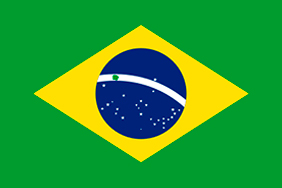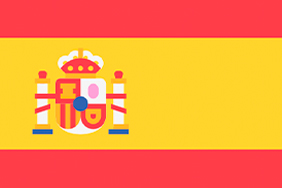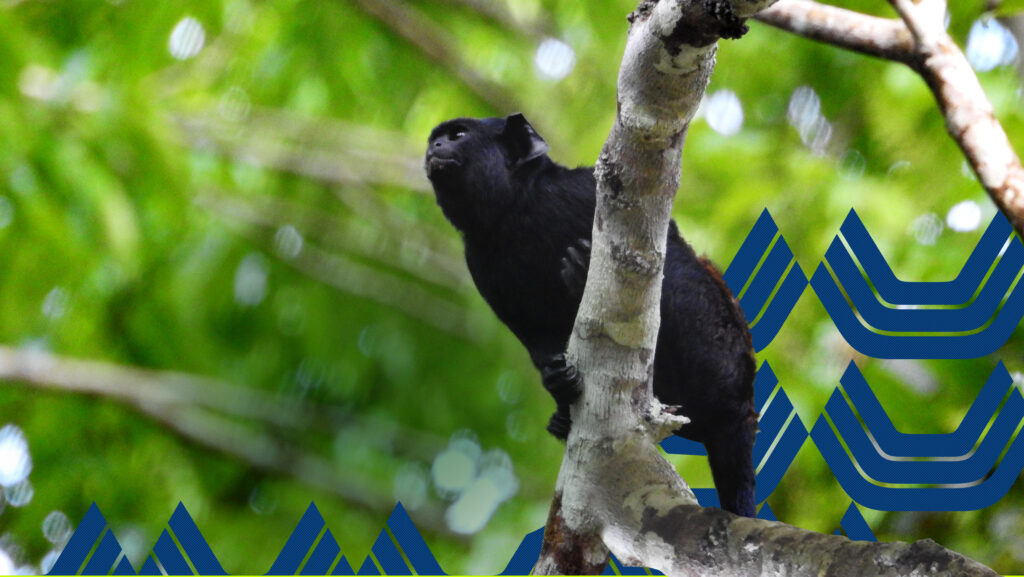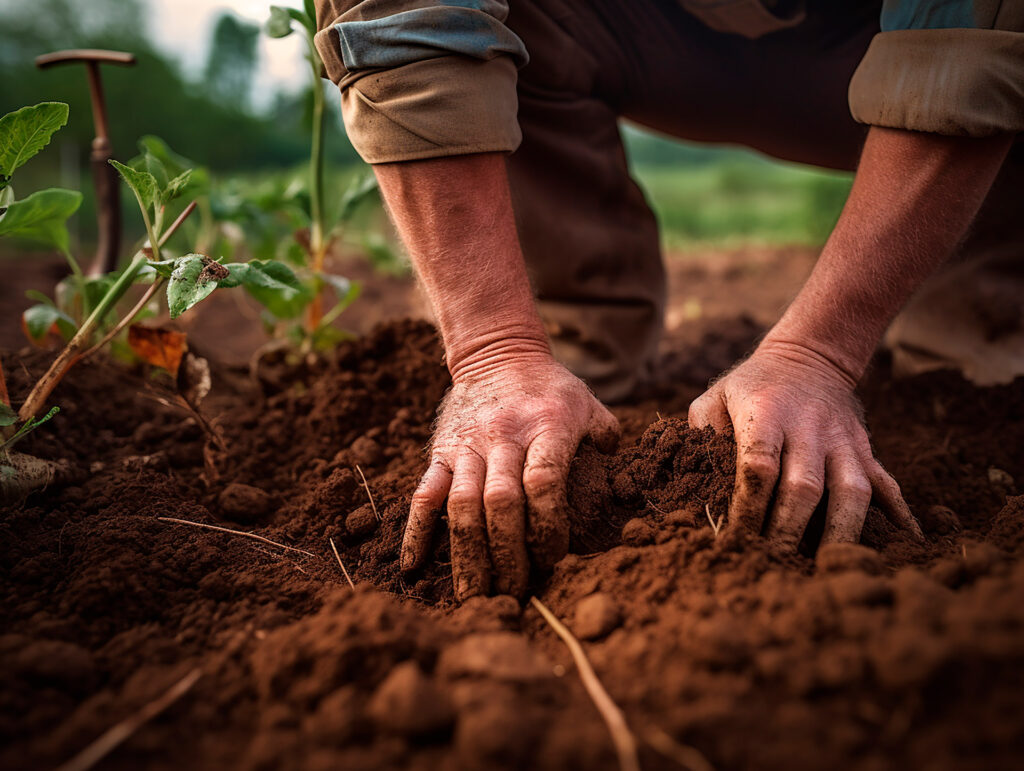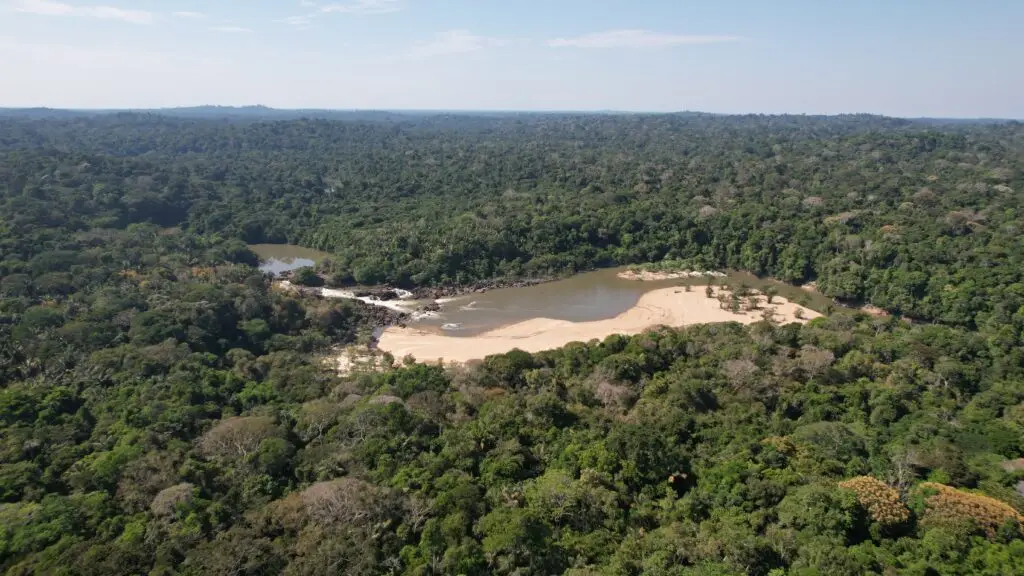The Centro de Educação Florestal Manoa (CEFLOM) conducted a Forest Management technical visit for university students of Forest Engineering at FARO (Faculdade de Rondônia), who put in practice the knowledge acquired in the classroom and were able to further understand the environmental, social and economic importance of responsible production and conservation.

The technical visit, proposed by Manoa REDD+ Project, is part of the educational actions that were already conducted by Grupo Triângulo, our partner, and have been improved so that the audiences in the region have more access to sustainable development and responsible forest management practices, being the Grupo Triângulo a pioneer and international reference in sustainable forest management.


It is common to relate conservation projects to conscious consumption and production. However, we understand that, just as relevant, is the environmental education of those living and working in native forest areas, which is essential to contribute to UN Sustainable Development Goal No. 4: to ensure inclusive and equitable quality education and to promote lifelong learning opportunities for all. For this reason, the main activities of Manoa REDD+ Project include training, a way to disseminate the best practices of using and conserving forests and raising awareness of the local population, especially the young public.
